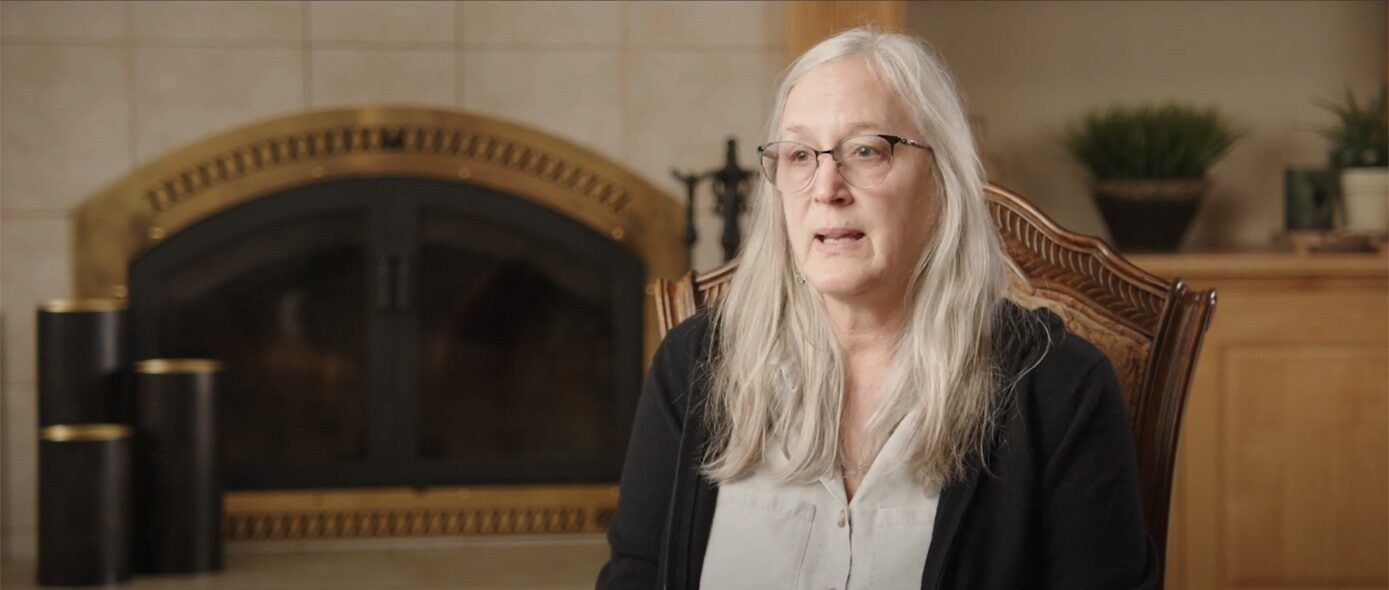Injured seamen are entitled to maintenance, cure and unearned wages, regardless of fault. The shipowner’s duty to pay these benefits is a “sacred obligation.” Willful breach of the obligation gave rise to a claim for punitive damages. In 1990, however, the U.S. Supreme court decided the case of Miles v. Apex Marine Corp., 498 U.S. 19 (1990), prohibiting the award of “non-pecuniary” damages in cases brought under the Jones Act. The decision was interpreted by lower courts to prevent the award of punitive damages for wrongful failure to pay maintenance and cure.
Then in 2009, in the case of Atlantic Sounding Co. v. Townsend, 557 U.S. 404 (2009), the Supreme Court reinstated the claim for punitive damages in maintenance and cure cases. The Court noted that claims for maintenance and cure, and for punitive damages in admiralty, existed under the General Maritime Law long before the passage of the Jones Act in 1920.
In reliance on Townsend, a claim for punitive damages for willful failure to pay maintenance and cure was upheld by the Washington State Supreme Court in Clausen v. Icicle Seafoods, Inc. 1012 AMC 660 (2012). The case involved a maritime employer that wilfully and callously withheld maintenance and cure from a crewmember injured aboard a fish processing barge. The employer deliberately withheld a medical examiner’s report confirming the plaintiff’s need for spinal surgery. The jury, appalled by the employer’s conduct, awarded $1.3 million in punitive damages. The defendant petitioned the U.S. Supreme Court for certiorari. Icicle Seafoods, Inc. v. Clausen, Cause No. 11-1475.
Yesterday, on the first day of its term, the Supreme Court denied certiorari, refusing to review the Washington State Supreme Court decision in Clausen.
Why did the Court deny certiorari? One interpretation, favored by plaintiffs, is that the Court impliedly ruled that the decision was sound. Another possiblilty, however, is that different justices had different reasons to deny review. So-called liberal justices may have considered the decision sound, while so-called conservative justices may not have wanted to take a case in which the factual context so compellingly cried out for punitive damages. Indeed, the trial court in Clausen stated that the defendant’s conduct reached “the zenith of reprehensibility.” This was hardly the ideal case for the conservative justices to use to abrogate a claim for punitive damages.
Anderson Carey Alexander has been representing injured seamen for over three decades. The firm recovered punitive damages for wrongful failure to pay maintence and cure before the remedy was withdrawn in the wake of the 1990 case of Miles v. Apex Marine. In one case, a federal jury made a six figure punitive damage award against the largest tugboat company in the world. We stand ready to prosecute claims for punitive damages again now that the remedy has been restored by the Atlantic Sounding v. Townsend case. Injured seamen are encouraged to learn their rights. Maritime lawyers at Anderson Carey Alexander are availble for consultation, without obligation, at 1-800-BOATLAW.











